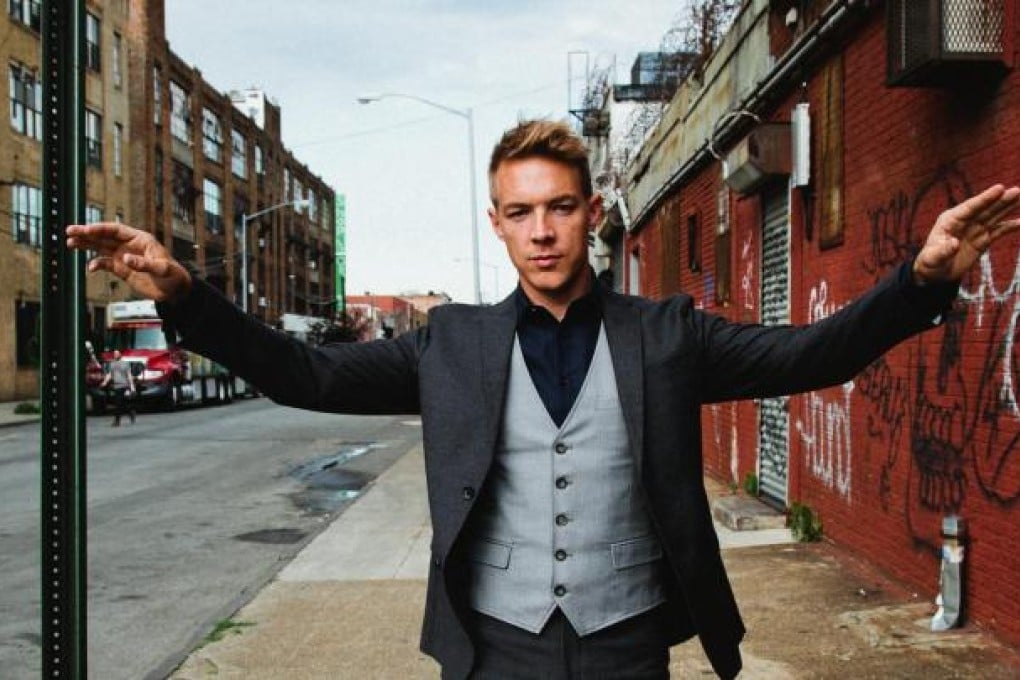DJ, rapper, producer Diplo is everywhere
The DJ-producer draws on a world of influences and always seems to know where to look for the next big thing,writes Caspar Llewellyn Smith

If one thing can be said of Diplo, it's that he puts himself out there. Midway through Major Lazer's set at the Corona Capital festival in Mexico City, he is zipped up into a giant plastic bubble that is then propelled out and over a sea of hands, scrabbling to stay upright, and failing; later, shirt off, he elects for a more straightforward stage-dive, and is lucky to escape unbloodied.
It doesn't matter that the hamster-ball trick isn't his own, but borrowed from the Flaming Lips. Key to the creation of the Diplo brand has always been the fearless magpie fashion in which he has grabbed ideas from everywhere. The band Major Lazer may have been conceived as a dancehall reggae group, but for the Mexican crowd they mix up soca bangers such as JW and Blaze's ridiculous Palance with "mad, random s***" such as a version of The Boy in the Bubble by Paul Simon.
The other two members - Jillionaire and Walshy Fire - work on the crowd while their dancers teach a hapless male member of the audience the Jamaican dance style of daggering. Guns spray confetti everywhere. It's fun, and little wonder Diplo says, in the tour van afterwards, "if I had to go out there and play Avicii and dubstep remixes every day I'd go insane".
Diplo is the Kevin Bacon figure who has joined the dots between characters as disparate as pop hearthrob Bruno Mars (they visited a Paris strip club in search of inspiration for Mars' new album) and contemporary composer Nico Muhly (who arranged the strings on Usher's Climax, one of the year's biggest songs, and which Diplo co-wrote and produced). He has made records with superstars such as Justin Bieber, produced the new No Doubt album and is working with Snoop Dogg, but has also involved himself with English mathcore exponents Rolo Tomassi.
Diplo can count himself among the new wave of superstar DJs; he even has a residency at the new club epicentre that is Las Vegas. But the latter, he insists, is "mostly just a way of paying the bills".
Instead, the reason that brands - whether BlackBerry, with a role for him in an advertisement, or Beyonce, who enlisted him for work on her last album - hunt him out is that this 34-year-old "random-ass white dude" (his description) from Florida knows where to find the next thing. If anyone is a conduit to underground club culture around the world it's Thomas Wesley Pentz (Diplo's real name). "I'm not good at doing anything else," he says. "Just making music and having ideas, and putting people together."